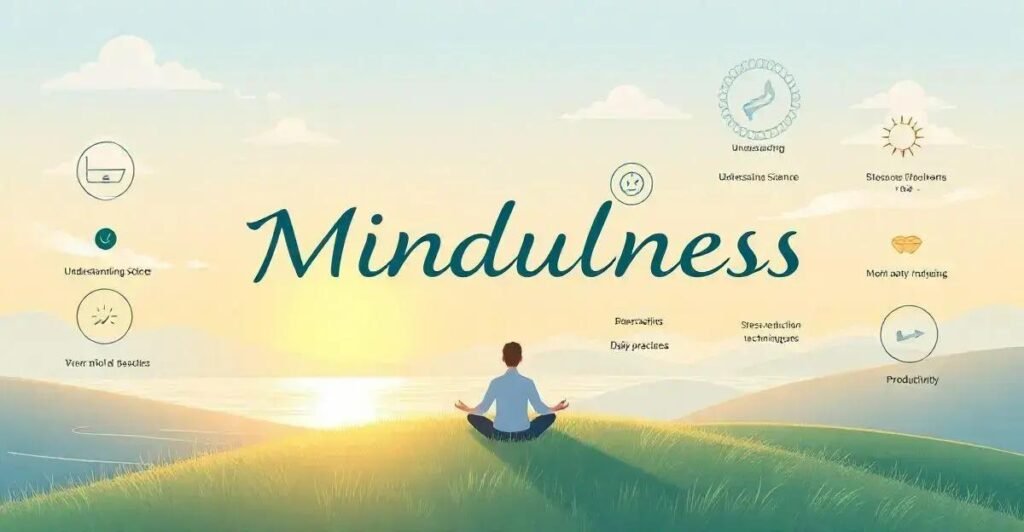Mental health is a topic that’s often shrouded in secrecy and stigma, leaving many of us feeling lost and alone in our struggles.
But the truth is, mental health affects one in four people worldwide, making it a silent epidemic that requires our attention and action.
In this post, we’ll be exploring the hidden struggles of modern society and providing resources to help you break free from the stigma and take control of your mental wellbeing.
Table of Contents
Mental Health: The Silent Epidemic
Mental health is often misunderstood, and its impact can be devastating.
The silent epidemic of mental health affects not only individuals but also families, communities, and societies as a whole.
The World Health Organization estimates that one in four people will experience a mental health issue each year, making it a significant public health concern.
Mental health issues can manifest in various ways, including anxiety, depression, bipolar disorder, and substance abuse.
The consequences of neglecting mental health can be severe, including decreased productivity, strained relationships, and even suicide.
It is essential to address the stigma surrounding mental health and promote awareness and understanding to ensure that individuals receive the support they need to thrive.
The Impact of Social Media on Mental Health

Social media has become an integral part of our daily lives, with billions of users worldwide.
However, the constant stream of information, the pressure to present a perfect online image, and the fear of missing out (FOMO) can take a toll on mental health.
Studies have shown that excessive social media use is linked to depression, anxiety, and loneliness.
The constant comparison to others, the feeling of being left out, and the pressure to conform to societal norms can lead to feelings of inadequacy and low self-esteem.
Furthermore, the lack of face-to-face interaction and deep conversations can exacerbate feelings of isolation and disconnection.
It is essential to be aware of the potential negative effects of social media on mental health and take steps to maintain a healthy balance between online and offline life.
Source – HelpGuide
Breaking the Stigma: My Personal Journey
Breaking the stigma surrounding mental health requires courage, vulnerability, and a willingness to share our stories.
As someone who has struggled with mental health issues, I can attest to the transformative power of openness and honesty.
By sharing my personal journey, I hope to inspire others to do the same, to break free from the silence and shame that often accompany mental health struggles.
It’s not easy to be vulnerable, but it’s essential to shatter the stigma that perpetuates secrecy and shame.
By sharing our stories, we can create a culture of understanding, acceptance, and support, where mental health is treated with the same importance as physical health.
Mental Health Awareness: A Call to Action

Mental health awareness is crucial for creating a supportive and inclusive environment where individuals can thrive.
It’s essential to recognize the signs and symptoms of mental health issues, to understand the complexities of mental health, and to provide resources and support for those affected.
As a society, we must work together to break down the stigma surrounding mental health and promote open and honest conversations about mental wellbeing.
This requires a collective effort
involving individuals, communities, and governments, to create a culture of empathy, understanding, and support.
By taking a proactive approach to mental health awareness, we can reduce the stigma, promote help-seeking behavior, and improve mental health outcomes for all.
The Importance of Self-Care for Mental Wellbeing
Self-care is not a luxury, it’s a necessity for maintaining good mental health. In today’s fast-paced world, it’s easy to neglect our own needs and prioritize others. However, neglecting self-care can lead to burnout, stress, and anxiety.
Practicing self-care involves taking care of our physical, emotional, and mental wellbeing. This includes getting enough sleep, exercising regularly, eating a balanced diet, and engaging in activities that bring us joy and relaxation.
Self-care is not a one-size-fits-all approach, it’s about finding what works for you and making it a consistent part of your routine. By prioritizing self-care, you can improve your mental wellbeing, increase your energy levels, and enhance your overall quality of life.
Mental Health Resources: Where to Find Help

Mental health resources are available to help individuals struggling with mental health issues.
If you’re experiencing symptoms of mental health issues, it’s essential to seek help from a qualified mental health professional.
You can start by talking to your primary care physician, who can refer you to a mental health specialist or provide you with resources for online therapy.
You can also reach out to national hotlines, such as the National Suicide Prevention Lifeline (1-800-273-TALK) or the Crisis Text Line (text “HOME” to 741741).
Additionally, there are many online resources available, including mental health apps, online therapy platforms, and support groups.
Remember, seeking help is a sign of strength, and there is no shame in asking for help when you need it.
FAQ – Frequently Asked Questions about Mental Health Resources
What kind of mental health resources are available?
There are many mental health resources available, including online therapy platforms, national hotlines, and support groups. You can also reach out to your primary care physician or a mental health specialist for guidance and support.
How can I find a mental health professional?
You can search online for mental health professionals in your area, ask for referrals from your primary care physician or a trusted friend or family member, or check with your insurance provider for a list of in-network providers.
What should I do if I’m experiencing a mental health crisis?
If you’re experiencing a mental health crisis, please reach out to a trusted friend, family member, or mental health professional for support. You can also call the National Suicide Prevention Lifeline at 1-800-273-TALK (8255) or text the Crisis Text Line at 741741.
How can I prioritize my mental health?
Prioritizing your mental health means taking care of your overall wellbeing, including getting enough sleep, exercising regularly, eating a healthy diet, and engaging in activities that bring you joy and relaxation. It’s also important to take breaks and practice self-care regularly.
What are some signs that I need mental health support?
If you’re experiencing persistent feelings of sadness, hopelessness, or anxiety, or if you’re struggling to manage daily tasks or relationships, it may be a sign that you need mental health support. Don’t hesitate to reach out for help if you’re struggling.
Is mental health support confidential?
Yes, mental health support is confidential and protected by law. Mental health professionals are bound by confidentiality agreements, which means that your private conversations and information will be kept confidential.




Pingback: Why Self-Care is Key to Mental and Physical Wellness